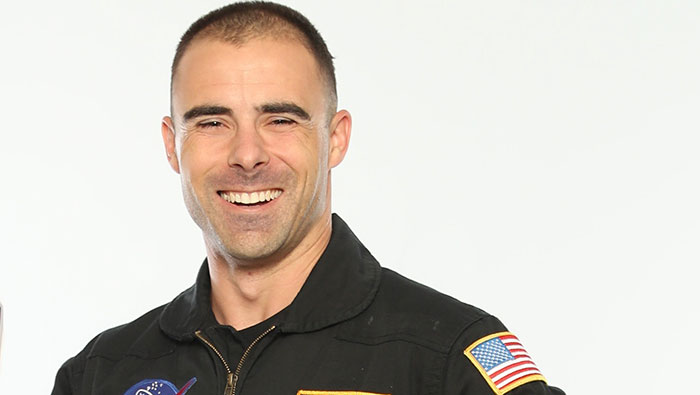
For Richard Addante, Ph.D. ’11, a career in neuroscience provided the opportunity to join a NASA research project on deep space exploration. Last summer, he spent 45 days in a simulated space shuttle in an effort to measure the psychological effects of extended isolation in space. The Human Exploration Research Analog project was part of a simulated mission to Mars. Addante used electroencephalography monitoring equipment to record electrical activity in the brains of fellow crew members to detect differences in brain wave function. These changes may be able to provide insight into the learning ability, motor function, attention and overall mental health of crew members during long space flights. His goal is to better understand the effects of longterm spaceflight on the brain, body and team dynamics. “In the 1950s and ’60s, the unknown systems for spaceflight were rocketry and engineering, and test pilots bravely did the research that led to success,” said Addante, who is an assistant professor of psychology at California State University, San Bernadino. “One of the toughest challenges for reaching Mars is understanding the psychology and team dynamics of isolation during such long trips, and this is precisely what HERA is designed to test out.”